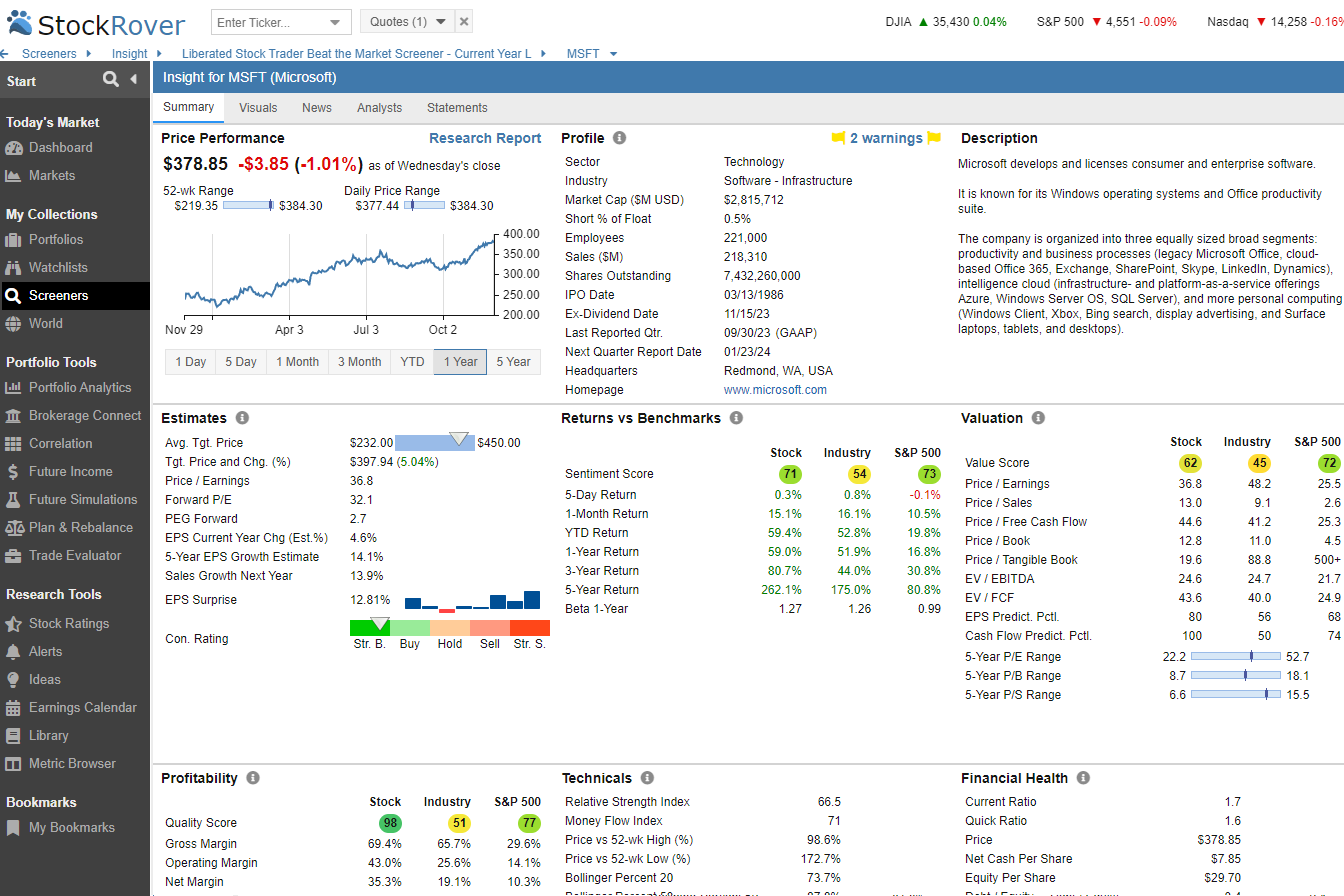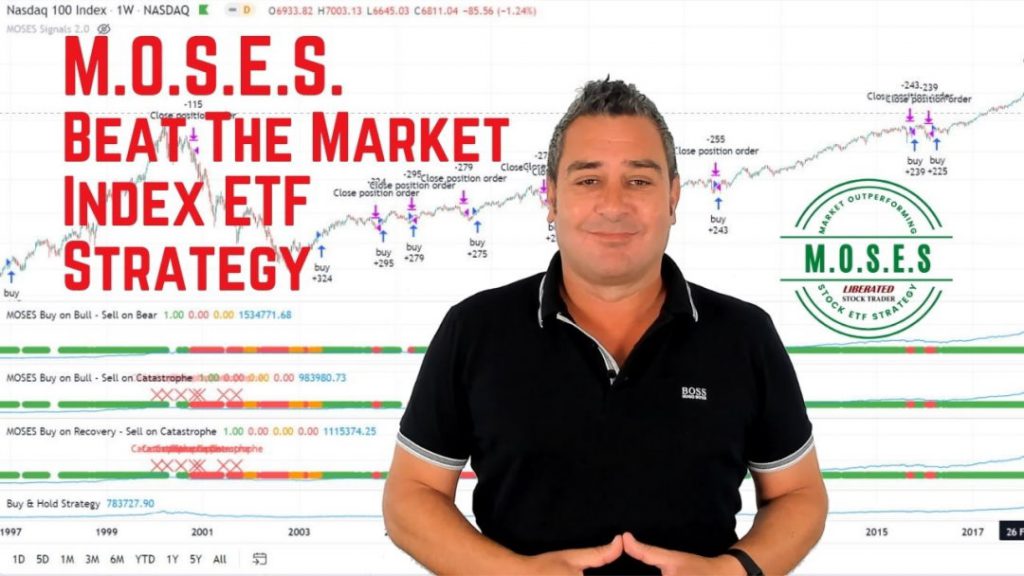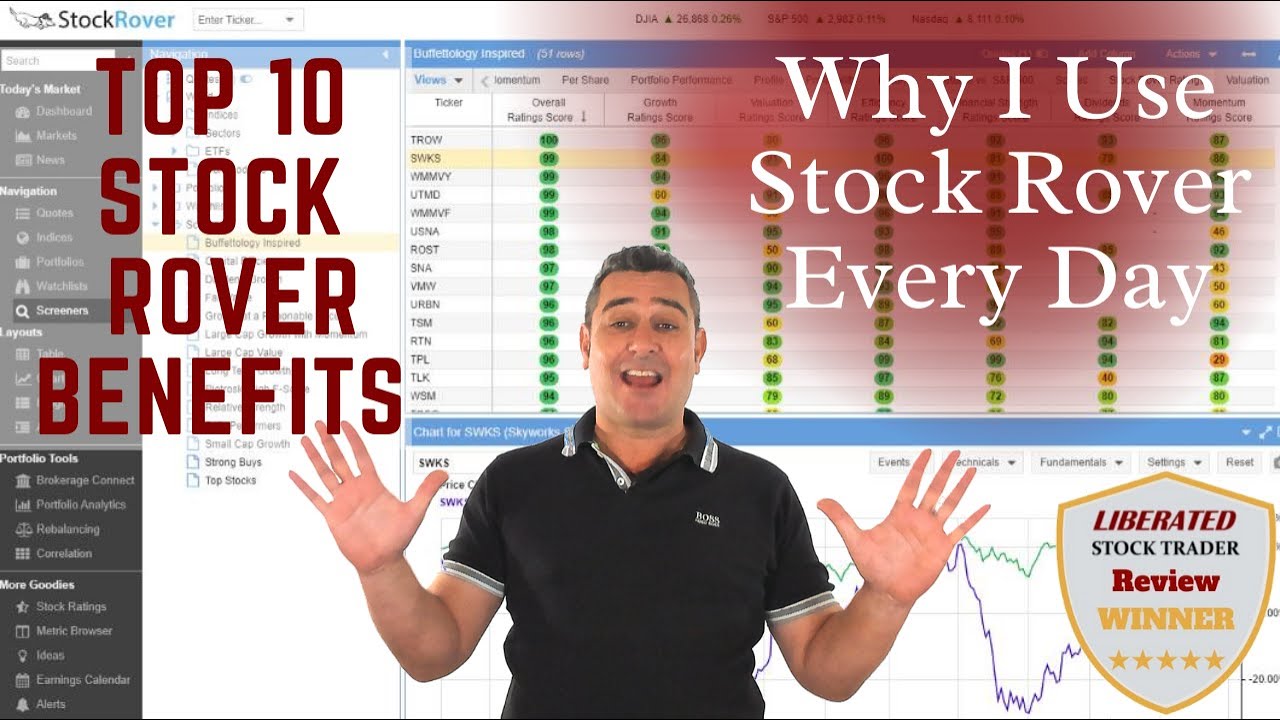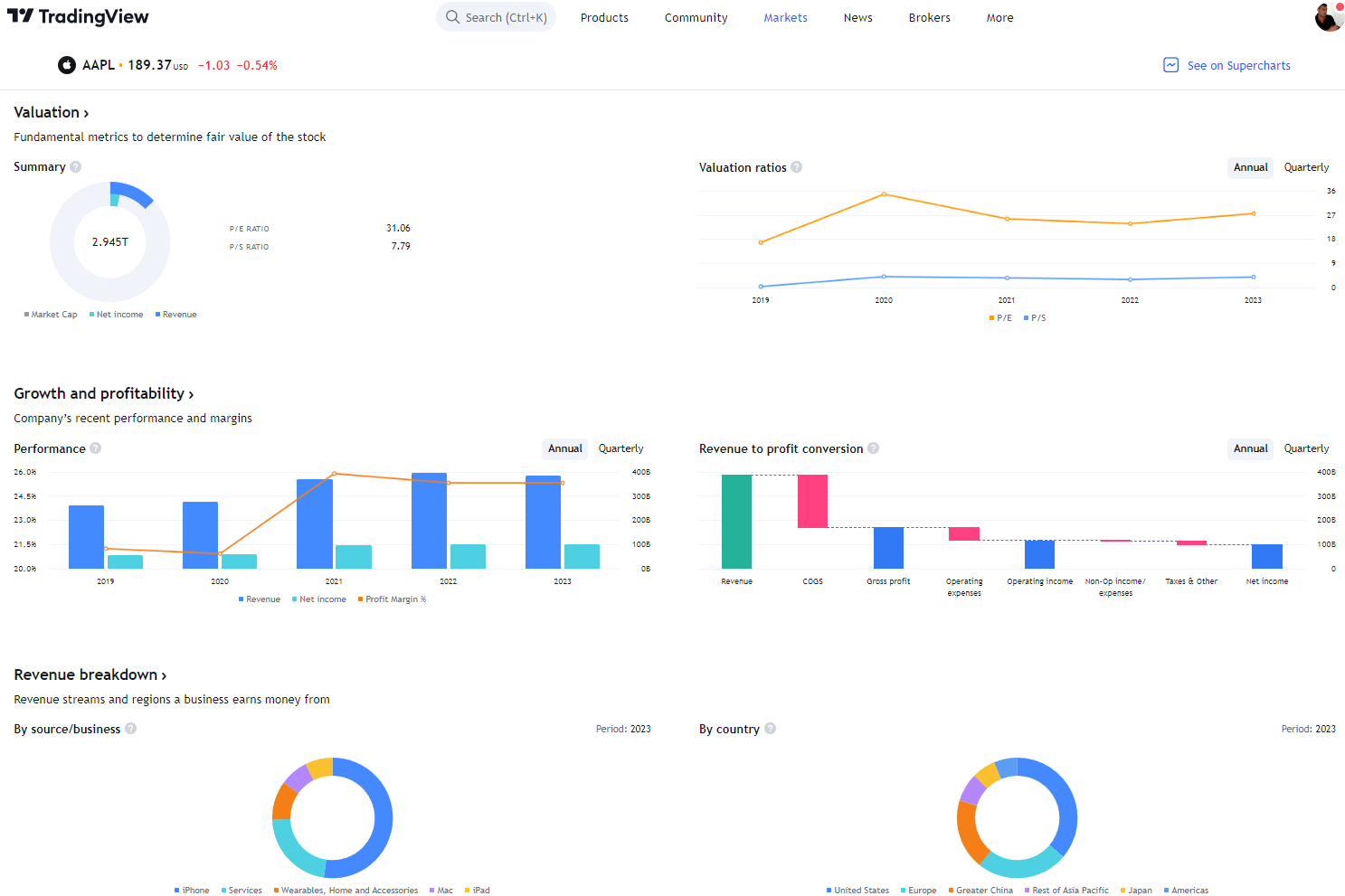A hedge fund is an investment vehicle that pools capital from high-net-worth investors and flexibly invests in a range of assets, including stocks, bonds, commodities, and derivatives.
Hedge funds are typically managed by professional money managers who seek to generate high returns for their investors.
Definition: Hedge Fund
A hedge fund is an investment vehicle that pools capital from high-net-worth individuals and institutional investors to engage in a wide range of investments. The goal of hedge funds is to achieve higher returns than traditional investments using leverage, derivatives, short selling, and other sophisticated strategies.

Understanding Hedge Funds
The term ‘hedge fund’ can describe several different structures, but all hedge funds share certain features.
Firstly, hedge funds are typically structured as limited partnerships or corporations. This means that the liability of investors is limited to their investment amount, and the fund manager assumes all the risk.
Secondly, hedge funds are usually only open to accredited investors – individuals or institutions with a high net worth. This is because hedge funds are considered to be high-risk investments.
Thirdly, hedge funds charge performance fees. This means the fund manager will only be paid if they generate positive returns for their investors.
Fourthly, hedge funds have a high degree of flexibility in their investment strategies. This allows them to take advantage of opportunities that other investors may be unable to access.
Fifthly, hedge funds are subject to less regulation than other types of investment vehicles. This gives them more freedom to pursue their investment objectives, but it also means more potential for fraud and abuse.

Try Powerful Financial Analysis & Research with Stock Rover
Benefits of Investing in Hedge Funds
Hedge funds offer investors the potential for higher returns with lower volatility than traditional investments. They also provide diversification benefits by investing in various assets and strategies. By utilizing leverage, hedge funds can enhance their returns even further. Additionally, hedge fund managers can access sophisticated investment techniques that may not be available to individual investors.
Risks of Investing in Hedge Funds
Hedge funds come with certain risks. Hedge fund managers are typically incentivized to take on more risk to achieve higher returns, so investors should be prepared for a heightened level of risk. Also, hedge funds may incur high management fees and operational costs that can significantly reduce potential profits. Finally, many hedge funds have lock-up periods that require investors to remain invested for extended periods, making it difficult to exit an investment when needed.
Beat The Market, Avoid Crashes & Lower Your Risks
Nobody wants to see their hard-earned money disappear in a stock market crash.
Over the past century, the US stock market has had 6 major crashes that have caused investors to lose trillions of dollars.

The MOSES Index ETF Investing Strategy will help you minimize the impact of major stock market crashes. MOSES will alert you before the next crash happens so you can protect your portfolio. You will also know when the bear market is over and the new rally begins so you can start investing again.
MOSES Helps You Secure & Grow Your Biggest Investments
★ 3 Index ETF Strategies ★
★ Outperforms the NASDAQ 100, S&P500 & Russell 3000 ★
★ Beats the DAX, CAC40 & EURO STOXX Indices ★
★ Buy & Sell Signals Generated ★
MOSES Helps You Sleep Better At Night Knowing You Are Prepared For Future Disasters
How much capital do hedge funds manage?
As per my research, the size of the hedge fund industry varies greatly. According to a report on Visual Capitalist, the world’s largest hedge funds collectively hold an estimated .5 trillion in assets under management.
Several factors, including the rising global appetite for risk, investors’ increasing sophistication, and the development of new investment strategies, have driven this growth.
If you’re thinking about investing in a hedge fund, it’s important to understand the risks involved. You should also ensure you’re comfortable with the level of transparency and disclosure typically associated with these types of investments.
Can hedge funds invest in other hedge funds?
Yes, hedge funds may invest in other hedge funds as part of their overall investment strategy. This can benefit diversification and help the hedge fund manager achieve their desired risk/return profile. However, it is important to note that investing in other hedge funds will likely increase the level of risk in the portfolio. Therefore, before making any investments, carefully consider the risks involved.
Investing In Stocks Can Be Complicated, Stock Rover Makes It Easy.
Stock Rover is our #1 rated stock investing tool for:
★ Growth Investing - With industry Leading Research Reports ★
★ Value Investing - Find Value Stocks Using Warren Buffett's Strategies ★
★ Income Investing - Harvest Safe Regular Dividends from Stocks ★

"I have been researching and investing in stocks for 20 years! I now manage all my stock investments using Stock Rover." Barry D. Moore - Founder: LiberatedStockTrader.com
What do hedge fund managers do?
Hedge fund managers invest in various assets, including stocks, bonds, commodities, and derivatives. They use various strategies to achieve their investment goals, including outperforming the stock market, protecting against downside risk, or generating income.
Hedge funds are not required to disclose their holdings or investment strategies publicly, so it can be difficult to know exactly what they are doing. However, some general information about their activities is available through regulatory filings and other sources.
What are the risks of investing in hedge funds?
Investing in hedge funds comes with some risks. First, hedge funds are often highly leveraged, using borrowed money to amplify their investment returns. This can lead to larger losses if the fund’s investments don’t perform as well as expected.
Second, hedge funds charge high fees, which can eat into returns and leave investors with little to show for their investment.
Third, hedge funds are often illiquid, meaning investors may have difficulty selling their shares when they want to.
Finally, because hedge funds are not required to disclose their holdings or investment strategies publicly, knowing what you’re investing in can be difficult. For these reasons, it’s important to carefully consider the risks before investing in any hedge fund.
How to become a hedge fund manager
Working in a hedge fund can be an exciting and lucrative career choice for those with the right skills and experience. Although there is no one-size-fits-all formula for becoming a hedge fund manager, you can take key steps to increase your chances of success.
Get a degree in economics or finance.
Most successful hedge fund managers have at least a bachelor’s degree in economics or finance. This educational background will give you the theoretical knowledge and practical skills needed to succeed in the industry.
Start working in the financial sector.
Hedge fund managers typically have several years of experience working in the financial sector before starting their funds. This experience can be gained through internships, entry-level jobs, or financial analyst work.
Build a strong track record.
Before starting your hedge fund, building a strong track record of investment success is important. This can be done by working as a successful investor in another firm or managing your investment portfolio.
Try TradingView, Our Recommended Tool for International Traders
Global Community, Charts, Screening, Analysis & Broker Integration

Global Financial Analysis for Free on TradingView
Raise capital.
Starting a hedge fund requires significant capital. You will need to raise money from investors to start your fund and cover operating expenses.
Hire experienced staff.
As the hedge fund manager, you will make all investment decisions. However, you cannot do this alone and must hire experienced staff, such as traders, analysts, and portfolio managers.
Develop a sound investment strategy.
All successful hedge fund managers have a sound investment strategy. This strategy should be based on extensive research and analysis and tailored to your fund’s specific goals.
Stay up to date with market trends.
To succeed in the ever-changing world of finance, staying up to date with market trends is essential. This can be done by reading industry publications, attending conferences, and networking with other professionals.
Following these steps will not guarantee success as a hedge fund manager, but they will help you increase your chances of success.
Are hedge funds limited partnerships?
Hedge funds are often structured as limited partnerships, which means that the management company running the fund is the general partner, while the investors are the limited partners.
Hedge funds are often structured as limited partnerships because this structure provides certain legal protections for fund managers. For instance, if a hedge fund lost money, the general partner would be held responsible for those losses, while the limited partners would not. This structure also gives the fund managers more control over how the money is invested.
Are hedge funds regulated?
Hedge funds are not subject to the same regulations as other investment vehicles. Hedge fund managers are not required to register with the Securities and Exchange Commission (SEC) but must comply with certain SEC regulations. Hedge funds are also not subject to the same disclosure requirements as public companies.
Hedge funds are often criticized for being opaque and risky. Critics argue that hedge fund managers are not required to disclose enough information about their strategies and investments, making it difficult for investors to understand the risks. Additionally, hedge funds typically use leverage, which can magnify losses.
Despite these criticisms, many institutional investors invest in hedge funds, including pension funds and endowments. These investors believe that hedge funds offer the potential for higher returns.
Do any hedge funds beat the market?
Research suggests that a small minority of hedge funds outperform the market after accounting for fees and other factors. According to Standard & Poor’s SPIVA report for 2021, 16.93% of active fund managers beat the market over the last ten years.
While there is no guaranteed way to beat the market, some experts believe investing in a diversified mix of hedge funds may give investors a better chance of achieving above-average returns.
Hedge Fund Closures: An Overview
The hedge fund industry is known for its high-risk and high-return investment strategies. However, this high-risk nature also means that many hedge funds close yearly. The reasons for these closures vary, ranging from operational failures to investment issues.
Market turmoil can also play a significant role in hedge fund closures. For instance, the hedge fund industry faced a difficult period last year amid market turmoil, with funds falling 4.2% overall.
How Many Hedge Funds Close Each Year?
The exact number of hedge fund closures can vary significantly from year to year. According to a report by Reuters, there were 156 hedge fund liquidations in the second quarter of 2022.
Can anyone invest in a hedge fund?
Yes, anyone can invest in a hedge fund. However, certain qualifications must be met to do so. For instance, investors must typically have a net worth of at least $1 million or an annual income of $200,000. Additionally, most hedge funds require a minimum investment of $100,000. Therefore, while anyone can technically invest in a hedge fund, not everyone can do so. For more information on investing in a hedge fund, please consult a financial advisor.
Why do people dislike hedge funds?
Hedge funds have a reputation for being risky and unpredictable, which can be off-putting to some investors. They’re also often associated with high fees, affecting potential profits. And because they tend to be less regulated than other investments, there’s more potential for fraud or misbehavior.
All that said, there are plenty of reasons to dislike hedge funds – but there are also plenty of reasons to like them. It depends on your investment goals and risk tolerance.
Are hedge funds bad?
Hedge funds have come under intense scrutiny in recent years, with some high-profile failures leading to questions about their viability. But are hedge funds as bad as some people make them out to be?
There are certainly some risks associated with investing in hedge funds. They are often highly leveraged, which means that they can magnify losses as well as gains. And because they often use complex strategies, they can be difficult to understand and assess.
But hedge funds can also offer significant potential rewards. They can provide diversification away from traditional investments, and they can offer the potential for higher returns.
So, ultimately, the decision of whether or not to invest in hedge funds comes down to a weighing of the risks and rewards. Those willing to take on the risks may be rewarded with higher returns but could also lose everything.
What are the largest hedge funds?
The largest hedge funds in the world are Bridgewater Associates, Paulson & Co., and Och-Ziff Capital Management. These firms manage hundreds of billions of dollars in assets and are some of the most influential investors in the world.
While there are many other large hedge funds, these three dominate the industry.
Bridgewater Associates is the largest hedge fund in the world, with over $160 billion in assets under management (AUM). The firm was founded in 1975 by Ray Dalio and is headquartered in Westport, Connecticut. Bridgewater is known for its aggressive investing style and is one of history’s most successful hedge funds.
Paulson & Co. is a New York-based hedge fund founded in 1994 by John Paulson. The firm is one of the most well-known hedge funds globally, thanks to Paulson’s role in shorting subprime mortgages during the financial crisis. Paulson & Co. manages over $38 billion in assets and is one of the largest hedge funds in the world.
Och-Ziff Capital Management is a hedge fund founded in 1996 by Daniel Och. The firm is headquartered in New York and manages over $30 billion in assets. Och-Ziff is one of the largest and most successful hedge funds globally.
How do Hedge Funds Make Money?
Hedge funds are aggressively managed to ensure maximum returns that should, in theory, significantly beat the index they are benchmarked against.
Unlike mutual funds, they may not specify a particular asset or investment style to which they wish to stick. This enables them to remain flexible and adopt any investing tactic that suits the current market conditions.
6 Ways Hedge Funds Make Money
- Trading Long: Hedge funds bet the market or underlying assets will increase in value.
- Short Selling: Betting assets will decrease in value.
- Highly Leveraged: Hedge funds use a lot of leverage to maximize profits, meaning for every $1 they have in actual capital, they may borrow $10 to maximize their returns; this is 10X Leverage.
- Investing in currencies, property, commodities, stocks, ETFs, and other even more exotic instruments like Credit Default Swaps (CDS) or Collateralized Debt Obligations (CDOs)
- High-Frequency Trading: Hedge funds use computers to arbitrage deals very frequently. For example, if gold sells at $1600 an ounce in the U.S. and $1590 an ounce in Australia, they may choose to buy in Australia and sell it in the U.S. for a $10 per ounce profit.
- Management Fees: Hedge funds charge higher management fees to pay for the cost of managing the fund and to cover the high salaries of the fund managers and research teams.
The Hedge fund will usually see a 2 and 10 cost structure as a reward for the aggressive investment. This means they will charge the investor a 2% annual charge on the entire investment you have made and keep 10% of the profits they have made with your money.
Hedge Fund Podcast
Podcast 007 – Hedge Funds and REITS – Are they as good as they seem?
A close look at Hedge Funds and Real Estate Investment Trusts
- Published: Sun, 04 Mar 2018 23:00:00 GMT
- Duration 00:10:09

It’s nice to know that flexibility is one of the advantages of hedge funds. I’m interested in looking for hedge fund training courses because I’m considering to start looking for a good way to grow my money. Being able to learn more about different ways I could invest money would be a huge help.